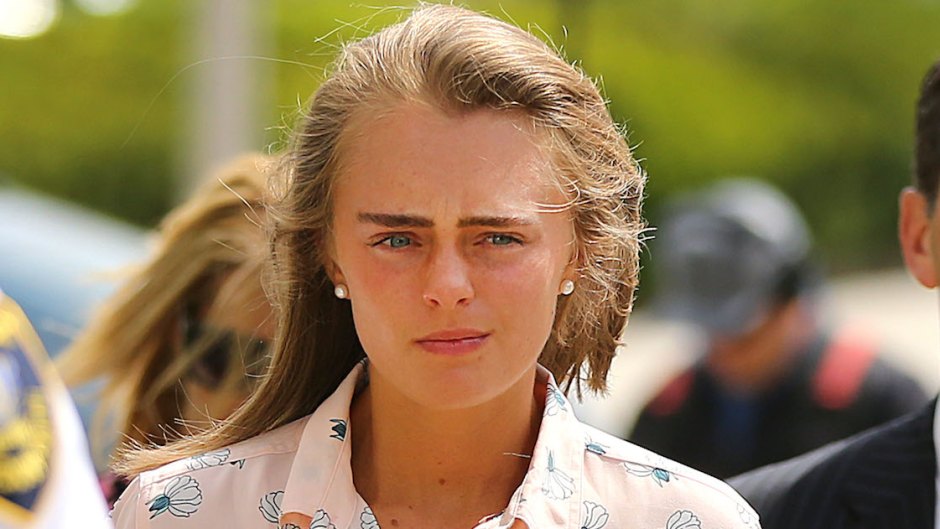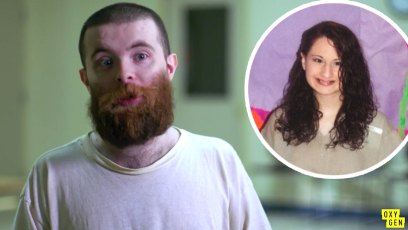
John Tlumacki/The Boston Globe / Getty Images
Michelle Carter, Who Encouraged Boyfriend’s Suicide via Text, Is Appealing Her Conviction to the Supreme Court
There were mixed reactions when Michelle Carter was found guilty of involuntary manslaughter after convincing her boyfriend to commit suicide over text message. Now, the case is continuing as the now-22 year old appeals her conviction. On Monday, July 8, Carter’s attorneys filed a “petition for writ of certiorari,” meaning that they were asking the Supreme Court of the United States to consider their appeal after the Supreme Judicial Court of the Commonwealth of Massachusetts denied her last appeal. Calling the decision “unprecedented,” they’re attempting to argue that Carter should never have been found guilty in the first place.
“Michelle Carter’s conviction for involuntary manslaughter in connection with Conrad Roy III’s suicide is unprecedented. Massachusetts is the only state to have affirmed the conviction of a physically absent defendant who encouraged another person to commit suicide with words alone,” read the court documents. “Before this case, no state had interpreted its common law or enacted an assisted suicide statute to criminalize such ‘pure speech,’ and no other defendant had been convicted for encouraging another person to take his own life where the defendant neither provided the actual means of death nor physically participated in the suicide.”
The petition states that Carter’s conviction violates the Constitution, arguing, “Carter’s conviction for involuntary manslaughter, based on words alone, violated the Free Speech Clause of the First Amendment. … Her communications, which were found to have caused Roy’s suicide, did not constitute speech that was “an integral part of conduct in violation of a valid criminal statute.” They also argued that “in assisted or encouraged suicide cases, the common law of involuntary manslaughter fails to provide reasonably clear guidelines to prevent ‘arbitrary and discriminatory enforcement.'”
Whether the Supreme Court will actually take on the case is yet to be seen. Carter began serving her 15-month prison sentence in February 2019, but her attorneys continue to fight for her release. True crime fans — or those interested in following the Supreme Court’s decision — can learn more about the case in HBO’s two-part documentary which airs on Tuesday, July 9 and Wednesday, July 10
Have a tip? Send it to us! Email In Touch at contact@intouchweekly.com.








































